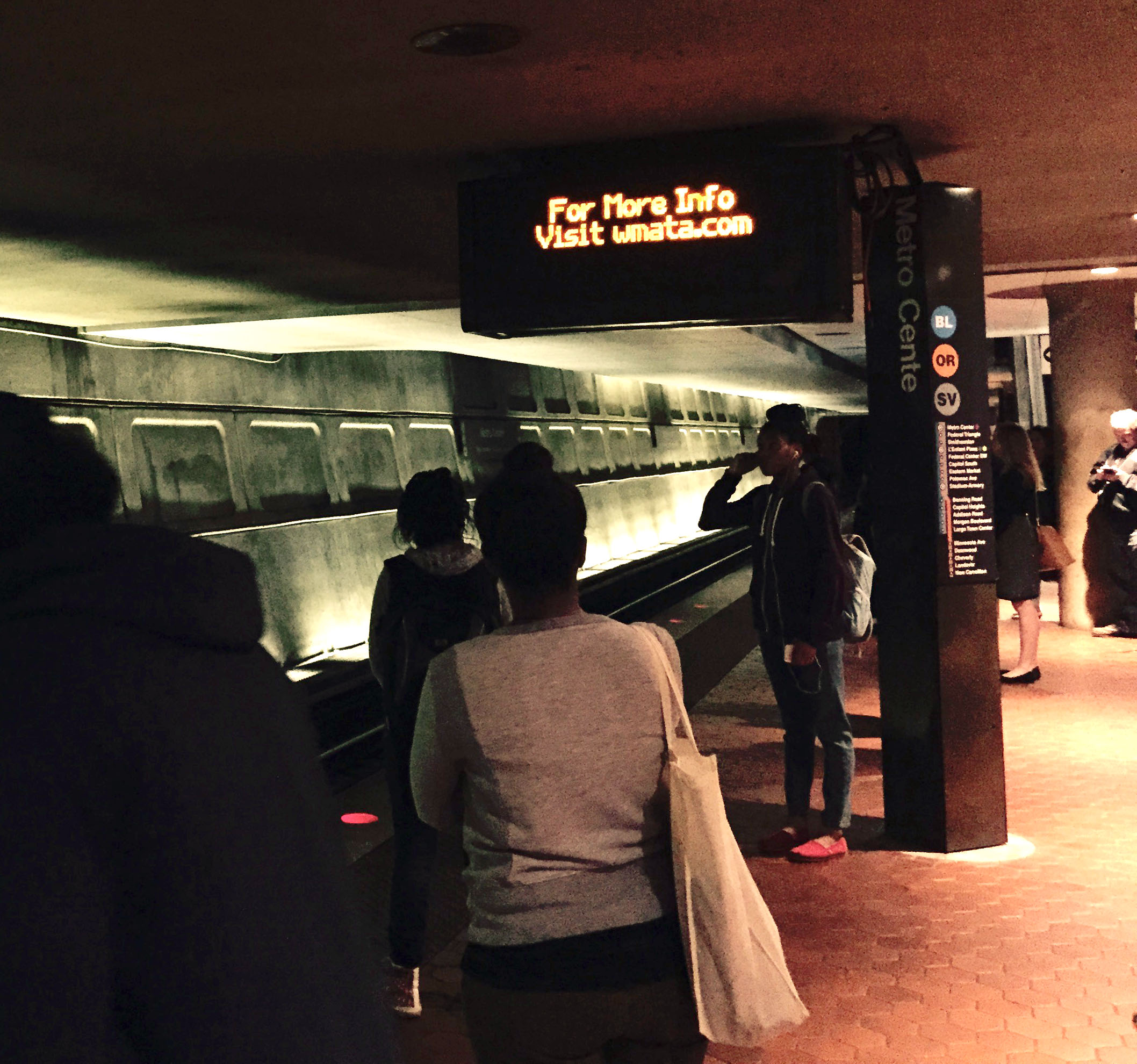WASHINGTON — What began as an innocuous vote about funding retirement benefits for Metro employees turned into a turf battle between Maryland and the District over spending priorities on Thursday.
The proposal would have added $4 million to a trust for retirement benefits for the coming decades. Maryland objected to the proposal on Oct. 8, but the measure passed on a committee vote. Board member Keturah D. Harley said at the time that Maryland would use a special veto if the measure went to the Board of Directors.
Known as a jurisdictional veto, it allows any of the three jurisdictions to throw out any proposal, even if the majority of the board supports it.
Michael Goldman, a board member from Maryland, exercised the jurisdiction veto on Thursday. It is the first time that a jurisdiction vetoed a proposal before Metro in more than five years.
“The Board would have made a commitment to keep funding this over the next 10 years. So what may be $4 million today would, in ten years, be $275 million. That is a lot of money. That could pay for a lot of people in the Rail Operations Control Center. That could pay for a lot of improved maintenance. That could pay for an improved safety program at WMATA. So we don’t want to put that money away in a lockbox right now,” says Goldman.
Lawmakers from the District and Virginia urged Maryland to reconsider the move for about 30 minutes on Thursday, but those efforts failed.
“I am totally frustrated about this. This is an insane vote on Maryland’s part. When I was here from 1992 to 2000, you didn’t use a jurisdictional veto unless it is critical,” says D.C. Councilman Jack Evans, who calls the $4 million for the retirement fund a minor issue.
Corbett Price added that the money was earmarked for retirement benefits and could not be spent elsewhere. D.C. Mayor Muriel Bowser appointed Price to the Metro board earlier this year.
Other board members echoed the objections to a jurisdictional veto.
“I recognize what my colleague from Maryland is saying in terms of the concern about safety,” says Fairfax County Supervisor Cathy Hudgins. “It’s unfortunate because we have become divided over this because it does provide a clear understanding to our employees what our commitments are. I would hate to send the message that we are incapable of doing more than one thing well. I hate to see the divide.”
There could be some important ripple effects from Thursday’s veto. Evans admitted to reporters that he might consider using a jurisdictional veto on Maryland proposals to Metro in the coming year, adding “there’s always that chance”.
“I have to look at every proposal individually. But I’ve got to tell you that when Maryland came forward with us taking over that crazy Silver Spring white elephant, I went along, even though I had my doubts about it. I don’t know that I would go along with that today given their actions,” says Evans.
Reporters asked Goldman whether he worried about a jurisdictional veto from Evans. Maryland recently recommended to the Board of Directors to eliminate the 5A Metrobus route to Dulles International Airport, which Evans opposes.
“I hope not. I hope people act like adults as we go forward on this,” says Goldman.
Metro staff will make recommendations on the Dulles bus route on Nov. 5.
Metro has come under increasing pressure to improve safety, reliability and maintenance since smoke filled a Yellow Line tunnel, killing one passenger and sending dozens of other riders to the hospital in January.
Maintenance problems have caused repeated service disruptions throughout the year and recently the U.S. Department of Transportation transferred oversight of the beleaguered transit system to the Federal Transit Administration.
In the meantime, the board has yet to hire a new general manager. Nine months have passed since Richard Sarles retired in January.








